The Porsche 911 Will Go Hybrid By 2030 (But Not Full EV)

No plans to turn brand’s icon into a completely electric model, says Porsche CEO.
Porsche held its Annual Press Conference today. In addition to the event confirming the company is in good health—revenue was up, global 2020 sales were just three percent shy of 2019—company CEO Oliver Blume also revealed long-term goals for the iconic 911 sports car. Despite ever-tightening regulations, the 911 will continue on with an internal combustion engine; it just might use a hybrid system too.
By 2030, Porsche anticipates over 80 percent of its global sales will be electrified models. Just 1 in 5 models will ship without an electric motor of some sort, and of those, most will be 911s.
“The 911 is our icon. We will continue to build the 911 with combustion engines, that’s very clear,” Blume announced during a Q&A session. Later on he went one step further, confirming the 911 will be the very last Porsche model to go fully electric. The CEO explained that the rear-engined layout of the 911 wouldn’t translate to an EV: all of the weight hanging back behind the wheels would create a tricky-handling car. Porsche also doesn’t want to compromise on a chassis that must be both EV- and ICE-compatible.
Instead, Blume floats the idea of a hybrid 911. He specifically references the 919 Hybrid as inspiration, which won the 24 Hours of Le Mans three times. The team is currently working on an early hybrid concept for the next-generation model. Nonetheless, Blume is bullish on the near future. “For this decade, I’m very clear,” says Blume, “in this decade, the 911 will be a combustion engine car, and a car combined with a very sporty hybridization.”
Another key component of the 2030 plan is Porsche’s continued research into eFuel. Developed in partnership with Siemens Energy, this synthetic fuel offers much of the internal combustion experience with drastically less pollution. Blume says the company has tested both old and new 911s with eFuel, “with very good results” along with a CO2 reduction of 90 percent.
eFuel is one of the ways Porsche will be looking to achieve its goal of CO2 neutrality across the entire use chain by 2030. The German automaker has already achieved carbon neutrality at its major centers in Zuffenhausen, Weissach, and Leipzig. The recently unveiled Taycan Cross Turismo is the first car from Porsche to be CO2-neutral across its use phase.
SEE ALSO: 2022 Porsche Taycan Cross Turismo is a ‘Swiss Army Knife’ EVSpeaking of the Taycan, the electron-munching sport sedan sold over 20,000 units globally last year. That’s in spite of production shutdowns and part shortages. Porsche is targeting 30,000 units for 2021. For reference, the brand delivered more than 272,000 vehicles worldwide in 2020. The Taycan has scored over 50 awards across the globe since debuting, and is currently a finalist in two categories of the 2021 AutoGuide Awards.
Become an AutoGuide insider. Get the latest from the automotive world first by subscribing to our newsletter here.

Kyle began his automotive obsession before he even started school, courtesy of a remote control Porsche and various LEGO sets. He later studied advertising and graphic design at Humber College, which led him to writing about cars (both real and digital). He is now a proud member of the Automobile Journalists Association of Canada (AJAC), where he was the Journalist of the Year runner-up for 2021.
More by Kyle Patrick



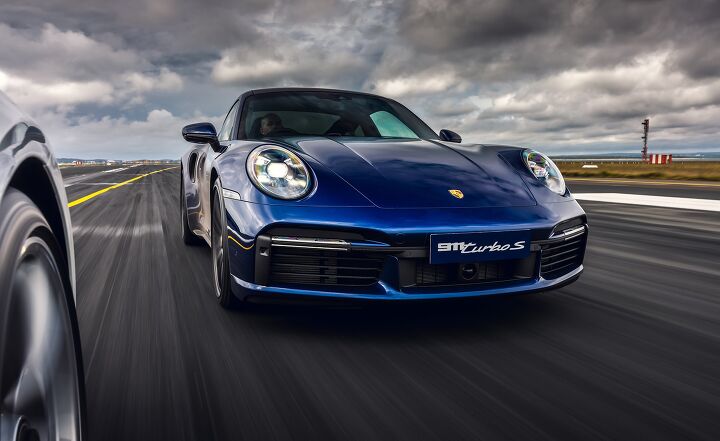













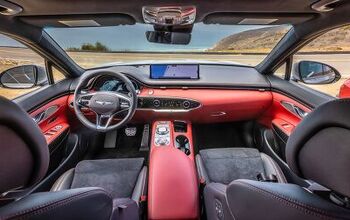
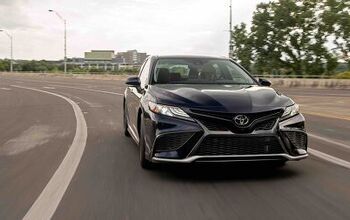


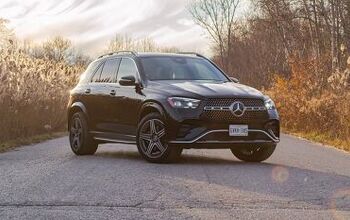
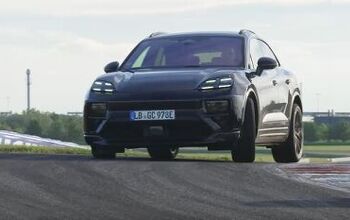
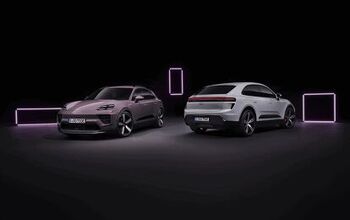


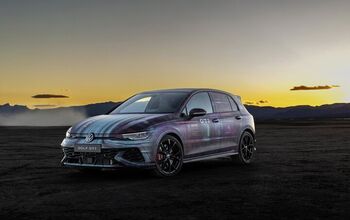
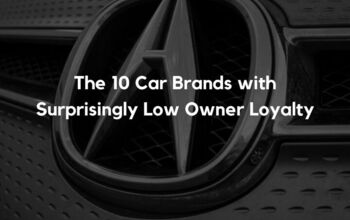

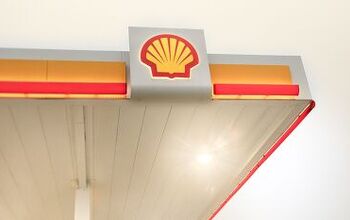
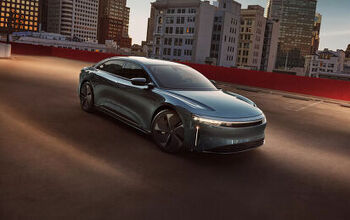
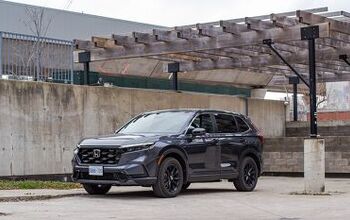
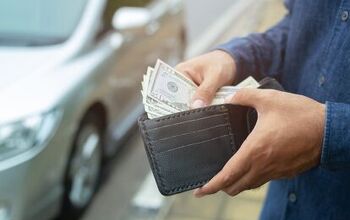
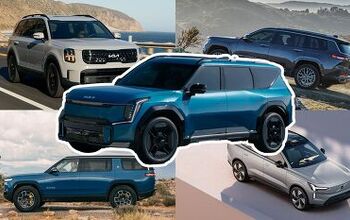
Comments
Join the conversation